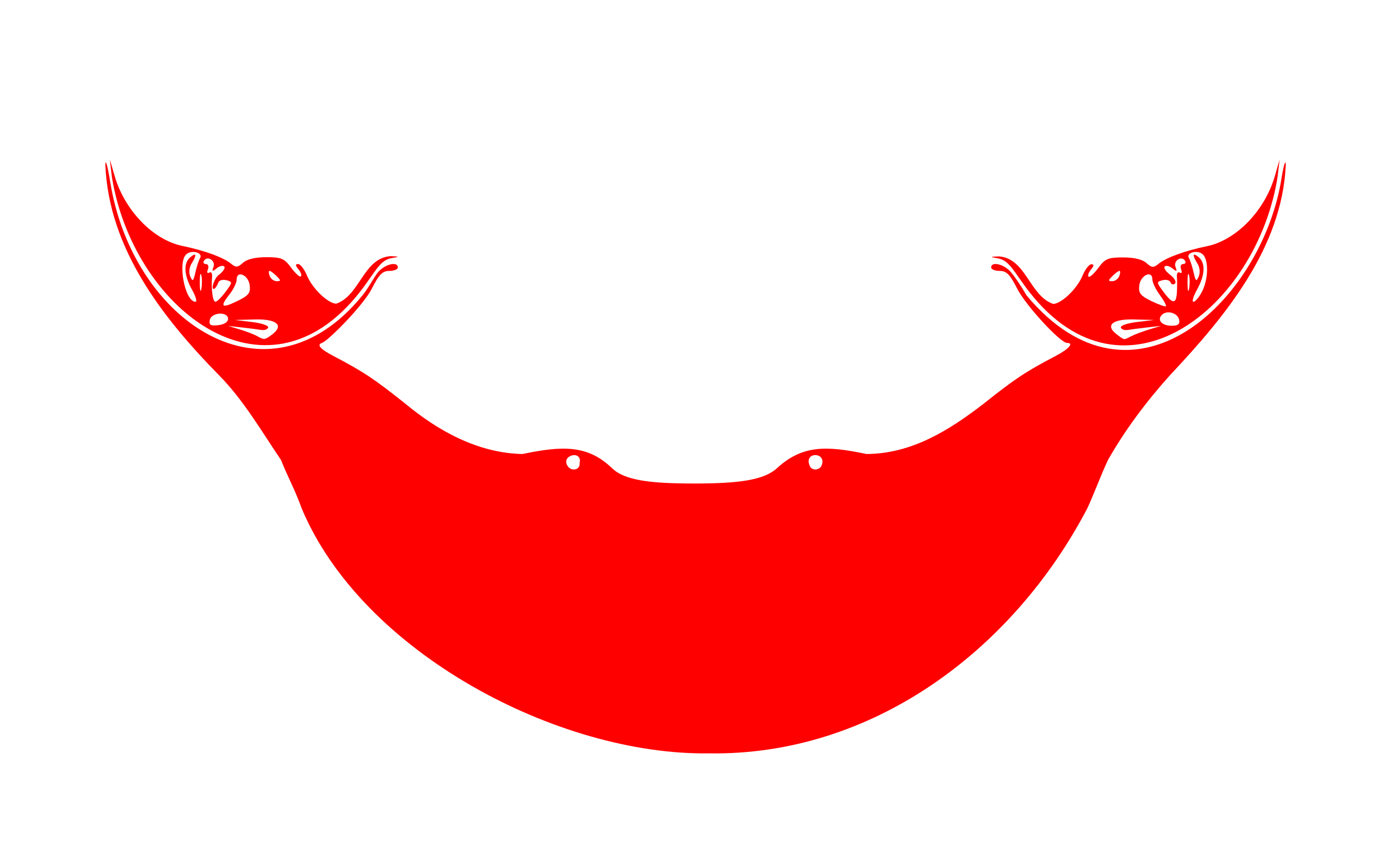Easter Island
Easter Island, a Chilean territory, is a remote volcanic island in Polynesia. Its native name is Rapa Nui. It’s famed for archaeological sites, including nearly 900 monumental statues called moai, created by inhabitants during the 13th–16th centuries. The moai are carved human figures with oversize heads, often resting on massive stone pedestals called ahus. Ahu Tongariki has the largest group of upright moai.

-
Capital: Hanga Roa
Important Cities: Hanga Roa is the main settlement on the island.
Airports:
Tourist Attractions:
-
Moai Statues: The iconic stone monoliths are scattered across the island.
Rapa Nui National Park: A UNESCO World Heritage site covering much of the island.
Orongo: An archaeological site with stone houses and petroglyphs.
Anakena Beach: A beautiful white sand beach on the northern coast.
Currency:
Chilean Peso (CLP)
Cuisine:
-
Seafood is a significant part of the diet, including fish and shellfish.
Umu: A traditional Polynesian underground oven, where food is cooked with hot stones.
There are some local and international restaurants on the island.
Cultural Activities:
Rapa Nui culture is unique and celebrated through traditional music, dance, and arts.
Annual festivals, such as the Tapati Rapa Nui, showcase local traditions.
Annual festivals, such as the Tapati Rapa Nui, showcase local traditions.
Accommodation:
Easter Island offers a range of accommodation options, from guesthouses to luxury hotels.
While not classified by traditional star ratings, you can find comfortable places to stay.
While not classified by traditional star ratings, you can find comfortable places to stay.
Transport Connectivity:
Roads are available, and you can rent a car, scooter, or bicycle to explore the island.
There is no rail network on the island.
There is no rail network on the island.
Population:
Approximately 7,750.
Religion:
Predominantly Roman Catholic, with elements of indigenous Rapa Nui beliefs.
Languages Spoken:
-
Spanish: The official language, as Easter Island is a part of Chile.
Rapa Nui: The indigenous Polynesian language of the island.
Disclaimer:
The information above is for reference, and we do not accept any liability for inaccuracies or updates.